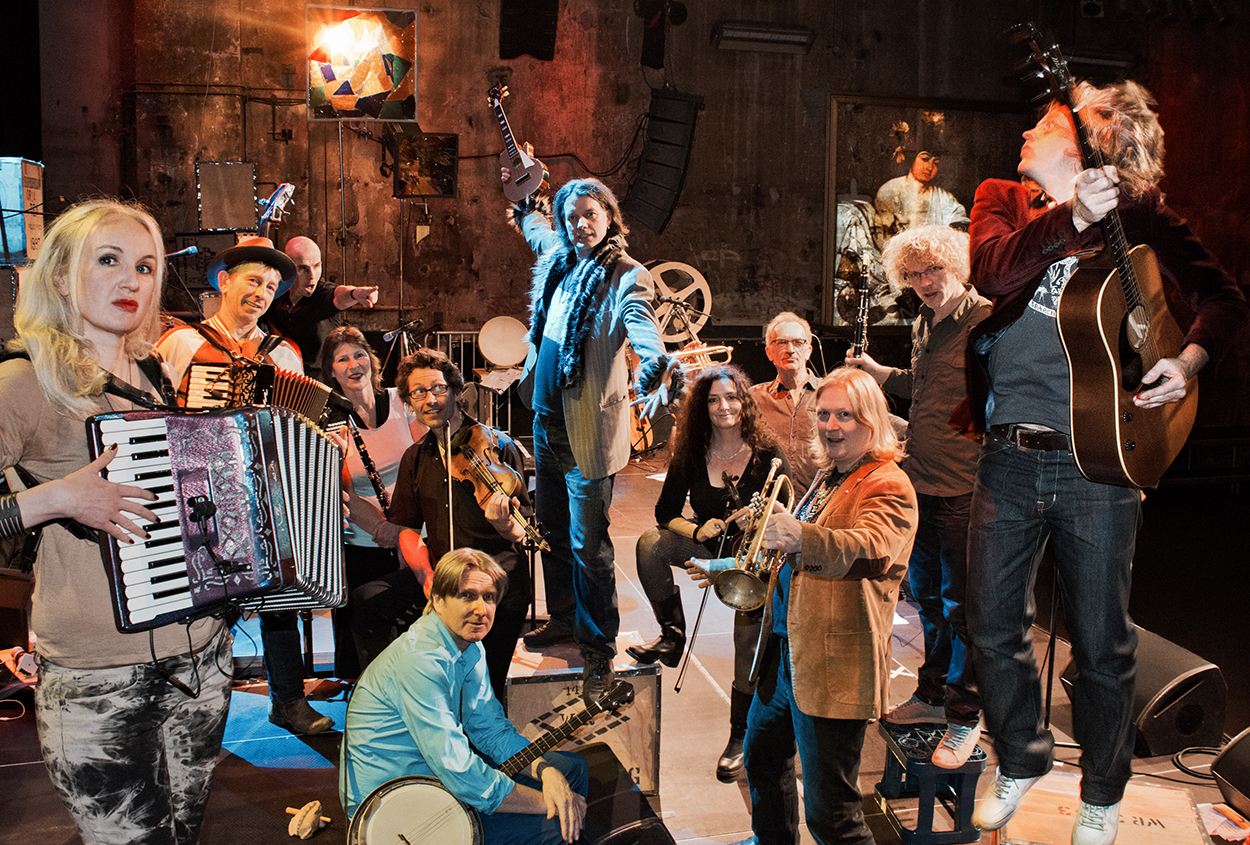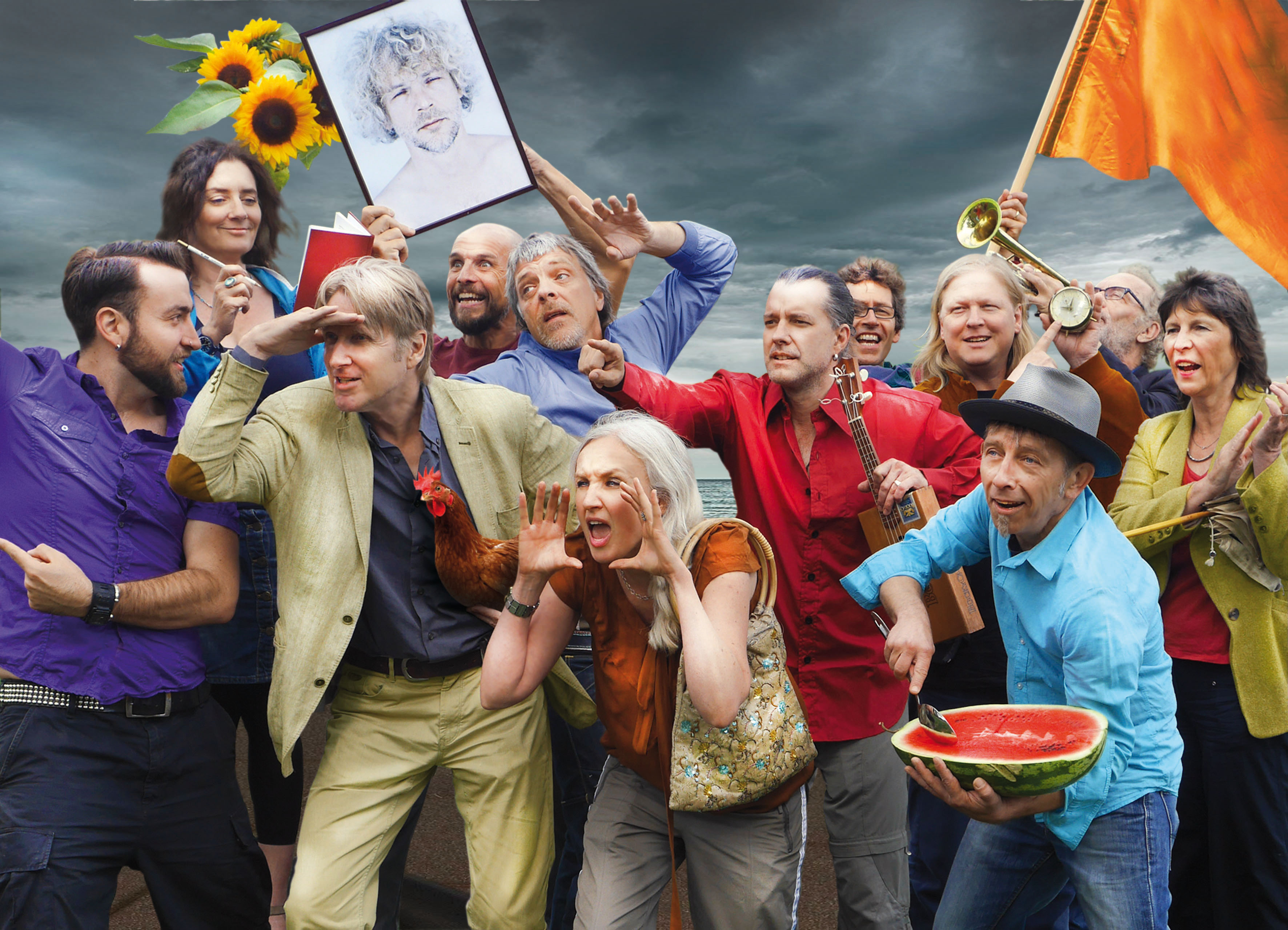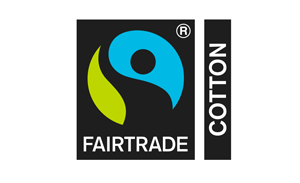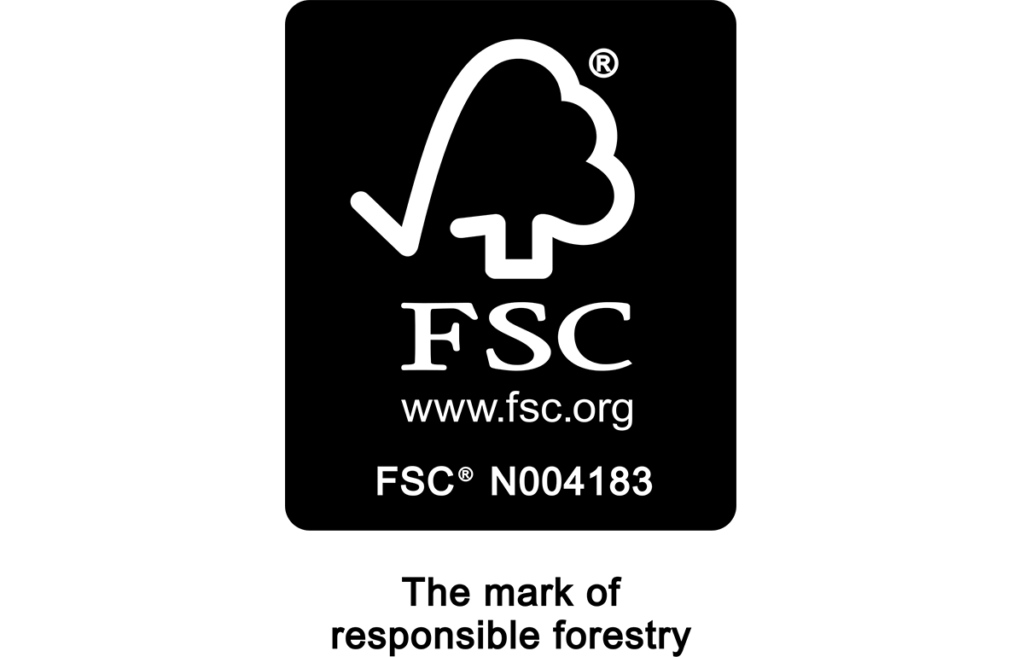“Berlin Style” Around the World
Christopher Blenkinsop and his musician friends founded the 13-piece-band “17 Hippies” in 1995. Since then, the Hippies have been developing “an unlikely style that mixes French chanson and German cabaret with Balkan gypsy music and Americana, with a dash of anything from calypso to Middle Eastern styles thrown in”, as the Guardian writes. Our SOUNDSCAPE hostess Saudia Young has met her friend Christopher to talk with him about collaborations, politics, and working together.
The 17 Hippies were one of the first bands and first people that I met when arrived to live again in Berlin in 2008. They are an important part of my safety-net in Berlin.
As the coolest of hippies do, they took me sweetly under their collective wing and gave me hope that I too could survive and thrive in Berlin as a musician.
I also had a major crush on Kiki, Christopher and Dirk (the vocalists), all at the same time. Then, I fell in love with the rest of the Hippies. All multi instrumentalists, funny and each one quirkier than the next. This independent band has been creating their own brand of folk music – collaboration since 1995. They literally have three generations of beloved fans through out the world and 17 Hippies tribute bands all over as well.
I sat down with Maestro Christopher Blenkinsop at their Prenzlauerberg headquarters in Berlin’s Kulturbauerei.
The 17 Hippes were founded by a handful of Hippies including Carsten Wegener, Kristen “Kiki” Sauer and Reinhard “Koma” Lüderitz and Blenkinsop, playing traditional pieces which were then inspired by melodious Eastern European music flowing through Berlin when the Berlin wall came down.
The band quickly expanded into 13 actual Hippies give or take and they have been composing for film, touring and producing albums ever since. I sat with CB in his studio and we spoke a bit about the newest projects, which include the second edition of Metamorphosis, a collaborative project which will be in an App format this time.
Ethletic Soundscape Nr 2. Podcast CB/17 Hippies
S.Y: What role does collaboration play in your work?
CB: Only tribes will survive.
SY: Do you believe an artist has the responsibility to be political?
CB: Everyone has the responsibility to be political! That’s the whole idea behind “democracy”!
SY: What would the current you tell the younger you about the music industry?
CB: You there! Do YOUR thing. Then reach out to YOUR audience. Ignore THEM.
SY: How do we as artists have relevance in the age of social media?
CB: Social media is a parallel reality, and as such overrated.
SY: Who are your heroes? Music & otherwise.
CB: Ali was the greatest, the Beatles were at the right place at the rightest of times, Stevie Wonder wrote “Sir Duke” and the Weasley twins did their thing. They all had a great sense of humor.
Of course anyone who radically does what that person considers to be right is my hero, as long as they stick by Kant’s categorical imperative.
SY: What is your favorite non-career activity?
CB: Gardening, and walking coastal paths.
SY: What is your favorite family recipe?
CB: Spaghetti with homemade tomato sauce, Parmesan, and good red wine.
SY: What is the artist’s role in revolution?
CB: None, other than anyone else.
SY: Why do you do what you do?
CB: I’ve always wanted to be independent. To create, to do, with other people. Music came along and fit like a glove, but it could have been something else, as long as I can create and do with other people.

2014 Photograph: Andreas Riedel / Photo in Header: 2015 Photograph: Schmidt/Schliebener
SY: Personal or Political?
CB: What’s the difference? Well basically everything we do is political. Even if we don’t do anything, it is political.
SY: PERSONAL! So, when I first came to Berlin … I met the Hippies. CB and the Hippies were some of the first people I met. First of all. I had a crush and still do on you, Kiki and Dirk! The three sexy center of the band. But I am in love with the whole hippies. You guys are one of the reasons I remained sane in Berlin. Give us a little bit of who the F*** you are, you are like this passionate, political, fighting, crazy kick ass tribe leading machine. Who are you?
CB: That is a really difficult question to answer. I’ll tell you about something that I really enjoy doing. Right now we’re working on an album which is going to be published as an App. So, it’s not going to be on vinyl or on a CD. It’s an App.
The whole point of it is that you can change the music as you listen to it.
‘I like this track but it’s too rhythmical for me’ or if you want to make it into a dance track. You can actually change it but it’s still the same song. It’s an album that involves a lot of people from around the world. We’ve been posting tracks of our recorded songs on the Internet. People we have actually played or recorded with, where ever they are pick up a tune and change it.
They give us their tracks and we pass them on to someone else who then does something with it. This is how we are creating the music. I am sitting here compiling this. I am trying to mix it. Legally it’s complicated. It’s difficult enough to explain the stuff to a westernized person but how do you to someone from Pakistan or from Nom Phen? So, you’ve got to find ways of being western and Asian and African or what ever it is at the same time. Listening to all of this stuff where people are doing things to our music that you wouldn’t expect. CB plays a song with a Berlin techno programmer and an Australian musician/producer Chris Lastelle …
Christopher Blenkinsop 2017 speaks on Marc Ribot sending tracks for project.
All this is political because we’re trying to be ‘fair’, trying to work together … It’s weird because at the same time it’s changing what we do, totally.
SY: That’s fantastic! So, when will this be released?
CB: That’s difficult because it’s technically complicated. The team I’m working with is a bunch of twenty-year-old barefoot people who only drink water. Which is really political and they’re vegan … They’re like plants actually.
I was expecting young people to be late and totally chaotic. They don’t tell stories because they haven’t got time. They fix and they’re out. Bye! You can send a message saying ‘I don’t understand this.’ and get an answer in like fifteen seconds. The new generation is like plants. That’s political. On this album we are working with people from Bogota, North Africa, Ghana, Germany, France, Italy and Japan.
I’ll play you another track. There’s a guy from Tokyo and he is an amazing actor. I asked him if he wanted to sing on this thing and because of the Tsunami, he did something, which in Japanese culture is totally okay. He receded into his own shell, so that the world outside, our world doesn’t touch him anymore. You can ask a question and you’ve got to out up with whatever the answer is. So in this case I asked him to sing and he sent us 32 poems, which is nice but they’re all in Japanese. I had to find a guy who speaks fluent Japanese who is Japanese culture has the status to be allowed to speak his poems because he didn’t want to speak them.
We found a guy in Munich with the unlikely name of Karl Meerwald, which is very German and he looks Japanese. He was born in Tokyo but his dad is from Bavaria. He was in Bavaria at the time so we flew him in after he called the poet in Tokyo and asked if it was okay if he spoke his poems. He was here last week and he spoke! CB plays second song sample. I’ve got all of the translations in German. These are five poems and they’re all basically about walking through the street and listening to our music and stuff that comes to the mind of Japanese guy, who has just receded into his shell.
One of the poems is in female Japanese. I didn’t know that there was such a thing. This is actually a woman speaking because of the words and the melody …
This is stuff were doing which is so much fun because it involves so many different cultures and ways of thinking about art. Were not asking them to play on a song we do but what were doing is giving them material and then letting them do what they want to do. Then what I do is spend months in here trying to make sense of all of this. How do you get the legal stuff in writing? Contracts! You can’t explain to a guy in Japan or Islamabad, hey we need two contracts. One is even too much …
We found a German lawyer who’s Turkish. He wrote a contract that is transportable. So even on the legal side it’s a picture of how our world is changing.
At the same time we were recording this I was telephoning a musician from Cairo and he asked ‘hey, have you been watching television lately? Well do because if you look at the Tahir Square there’s a band in the background, that’s us. We haven’t got the time right now for you to come to Cairo and record us because were actually fighting for something.
This is actually what being an artist and relating to all of these people is all about. You get to know them and take part in their view of what our world is. I was brought up in Asia right? My brother is fair haired and blue eyed and he couldn’t go out into the market in Jakarta because he’d be the only blue-eyed fair-haired kid. They would flock around and touch him. He couldn’t go from A to B. So my brother stayed in for years. Because he was afraid of actually going out and being fair haired and blue eyed. I look white but I’m dark haired white. ‘We’ve seen them. Boring.’ I could actually go out with my dad who was tall and dark haired (undoubtedly handsome). You’re always the right person in the wrong situation.





